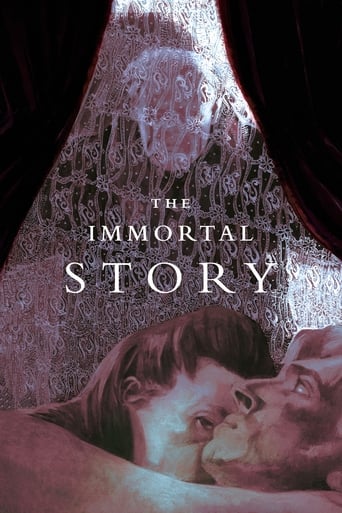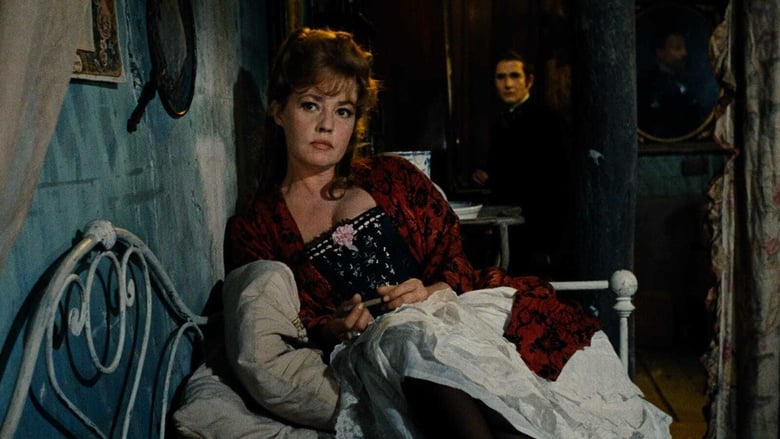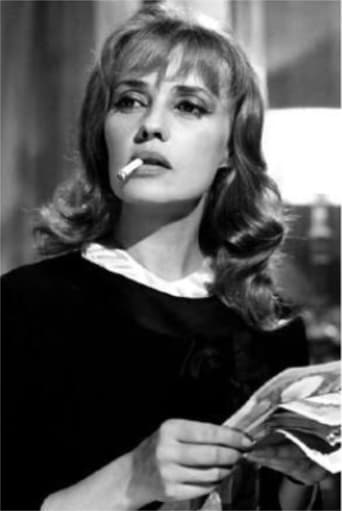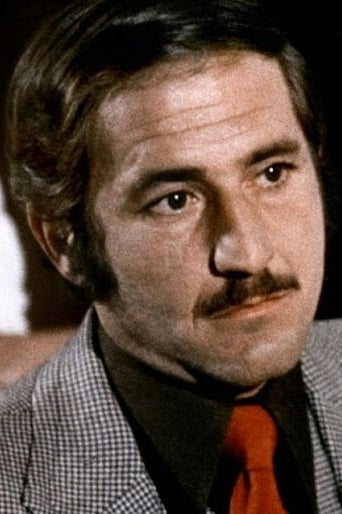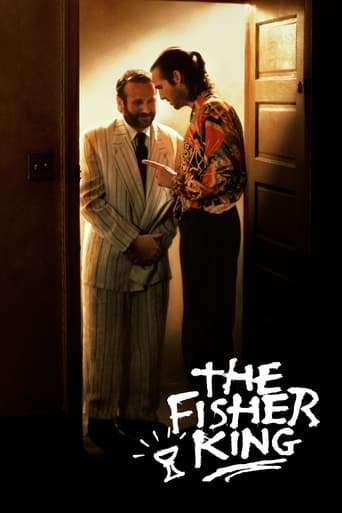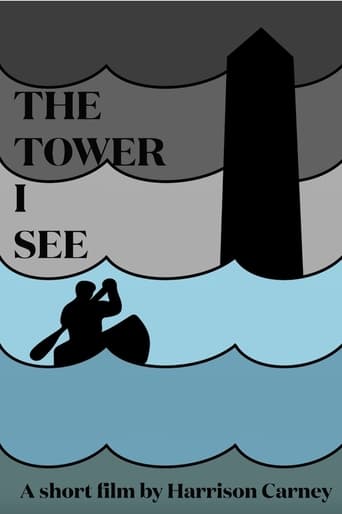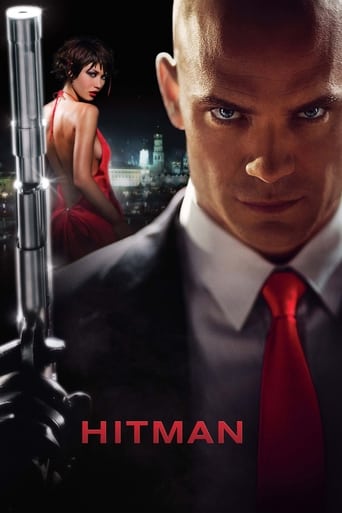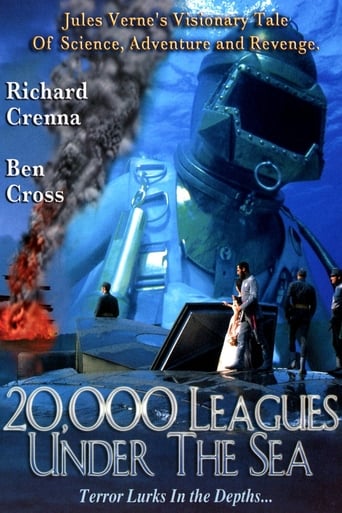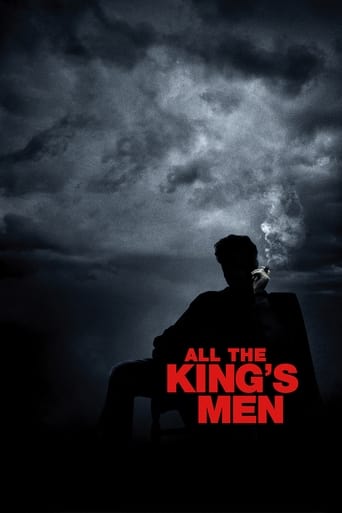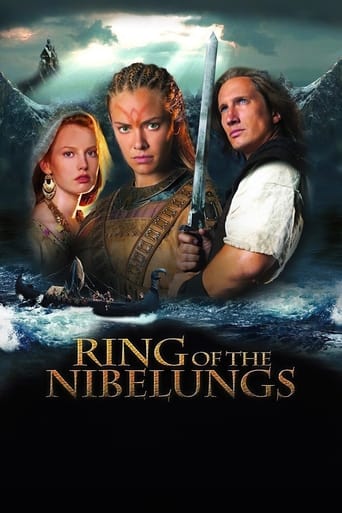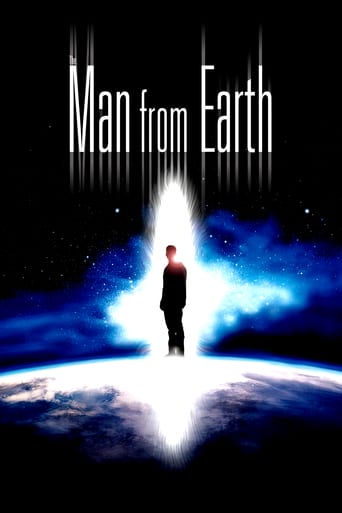The Immortal Story (1968)
An aged, wealthy trader plots with his servant to recreate a maritime tall tale, using a local woman and an unknown sailor as actors.
Watch Trailer
Free Trial Channels
Cast


Similar titles
Reviews
I think this is a new genre that they're all sort of working their way through it and haven't got all the kinks worked out yet but it's a genre that works for me.
Touches You
Perfectly adorable
Actress is magnificent and exudes a hypnotic screen presence in this affecting drama.
Admittedly, many of the films that I give a rating of a ten out of ten to on this website are not necessarily deserving of such an honor, and I do abuse such a privilege because I can always find something wrong with even my favorite films (with a couple of exceptions). However, "The Immortal Story" is among the few films that I have seen that seems to have absolutely nothing wrong with it. Orson Welles crafted this masterpiece, shot for shot, in a way that flows with an almost poetic rhythm. Swimming through the dark shores of "The Immortal Story" is a disturbing, twisted, engaging, sad, entertaining, and unique experience.Based on a work by Karen Blixen (the woman behind the novel "Out of Africa" as well as the novella that inspired one of my favorite movies, "Babette's Feast") this is a strange story of awkward and borderline surreal events when an elderly and powerful trader played by Welles himself declares his preference to facts over fiction, and requests to recreate a tale he hears so it could have truly occurred. The results are quite unconventional and inexplicably melancholic. By the end, I nearly shook with a strange feeling of sadness; this movie isn't explicitly depressing, but the subtlety only makes it more gloomy and affecting to the (at least REMOTELY) sensitive viewer. Welles' own narration adds another cryptic layer to the tale, as each and every performance across the board is practically perfect in tone and slight awkwardness. It is a small scale project that has a limited cast and clocks in at only about fifty eight minutes and yet it surpasses a majority of today's huge, two and a half hour long blockbusters. This is an elegant portrait of eccentricity and philosophy, a film about a heavy (in both weight and mind) old man with a slightly deranged way of thinking, and this man is portrayed with all the mumbling might one could expect from one of cinema's main masters, the great Orson Welles!The music accompanies the film perfectly as the tone of Erik Satie's great piano pieces is calm, but slightly sad, which is exactly what I would describe the film surrounding it as. This is not a ridiculous, over the top melodrama, but rather a slow, Bergmanesque tale of bizarre tragedy. Mind blowingly perfect in every way, "The Immortal Story" is a stream that runs with pure delight, but not in the conventional sense for the delight here is made up of moments that will likely depress and destroy, but also provoke.
Welles' film is a great comment on greed and the love of riches, and how futile it is when you can't take it with you after life ends. Wealthy Mr. Clay demands his assistant make the story he heard on ships from sailors come true. He pays the daughter (Jean Moreau) of a business partner he ruined and a poor young sailer (Norman Eishley) to sleep together one night so Clay can be the godfather of the child they conceive since Clay couldn't father children with his own wife. There is an ironic surprise for this plan when it completes, Welles using a brilliant color scheme and expert camera angles through every shot and scene. Clay's character is especially good with Welles filling the stuffy, wicked sturdiness of his portrayal almost like greed and evil personified.
Immortal Story, The (1968) ** 1/2 (out of 4) Orson Welles directed this film about an old man (Welles) who pays a young woman to be his wife and then pays a young man to sleep with her. This is a rather strange film to rate because on a technical level the film is downright brilliant. Everything from the visual style to the acting to the directing are all top-notch but I could never get caught up in the story. The version I watched ran 63-minutes and it moves very well but I just wish I could have gotten caught up in the story better because Welles works wonders with the low budget and delivers something truly beautiful on the eyes.
If you looking for action here or, if aware of the plot outline, expect a bit of soft porn, you will be disappointed. "The Immortal Story" is more of a visual and acoustic painting than a narrative. Especially since, according to another commentator, this was actor-director Welles' first venture into colour, he has used the unaccustomed medium masterfully both in his interiors and exteriors, and with the addition of the strident and insistent cicadas and refreshing dawn chorus has rendered the subtropical oriental night and its golden dawn beautifully realistic.The Orson Welles' character, Charles Clay, a powerful expatriate merchant established in Macao, approaching seventy and dying from gout, is like a motionless fat spider in the centre of his web who controls everything and everybody within his range. As a control -freak he even wishes to make factual a much told sailors' yarn about a couple manipulated through bribes and some coercion to go to bed together. He is obsessed with this story but cannot stand fiction, (he rails at his personal assistant, the Jew Lewinsky, against the biblical prophecies he reads to his master). Facts he already controls, fiction must also come under his sway.The enforced but, from the point of view of both the bully Clay and his victims, successful liaison between Jeanne Moreau and the young Danish sailor (satisfactorily played by an obscure British actor), the latter losing his virginity in this encounter, is tasteful, beautiful and not in the least prurient. That is except for the D.O.M. (écouteur?)listening at the keyhole, whose nocturnal presence we, however, spontaneously forget about. The couple appear to fall in love under these strange circumstances, though future relations seem to be highly doubtful. Just a couple of points bother me here: when the sailor tells Moreau (whose character's name is significantly but inappropriately Virginie) that he is 17 and is informed by her that she also is 17, it is quite evident that both, and especially Mlle. Moreau, are much older Maybe we are to assume that she lied to the ingenuous young man in order not to spoil the idyllic illusion of love-at-first-sight. The other point worrying me is why the attentive Chinese servants, besides feeding him, neglect to give the young man a good bath as well, especially as he had refrained from entering Clay's open carriage explaining that he was covered in tar and would soil the upholstery. And so he enters the nuptial chamber in his original torn and filthy clothes. Who knows, perhaps a whiff of tar has aphrodisiac properties...Lewinsky the down-trodden but still spunky assistant/companion to Clay is well played by Roger Coggio. A Jew - Moreau calls him "the wandering Jew" - he has lost his parents in an Eastern European pogrom, and is inured to the blows of fate, and politely imperturbable when upbraided by his imperious master or slapped in the face by an outraged Moreau.Fernando Rey, for decades Spain's foremost actor, equally able to perform in French and English as well as his native tongue, is included in the cast in a cameo part merely to spread the gossip about Clay's/Welles' ruthless machinations. I suppose the French TV company who commissioned this film was able to afford his services too because the cast was so small: apart from those mentioned above, there are only a few Caucasian listeners in Rey's audience, and half-a-dozen silent Chinese menials who would have cost little to hire.The location on which the film was shot I was unable to ascertain, but it could have been anywhere in the world where there are large elegant 19th Century European houses, the colonial Portuguese element being supplied by one company sign with the word for export in Portuguese and the Chinese by the garish signs and notices with which the street is cluttered. Perhaps it is the old quarter of Marseilles.I saw this film for the first time yesterday on the local Spanish channel which runs a series of classics in the original language, so that I saw it in French. This meant that Welles' unmistakable resonant and commanding basso profundo, so appropriate to this rôle was dubbed by a relatively mild-mannered francophone with a much higher register. With his over-brimming culture and long European residence, it seems very likely that Welles could have managed the French dialogue himself, just as Jeanne Moreau can perform equally well in English. Maybe he didn't because he was a perfectionist, even though the character portrayed is not a native French speaker There are just two further points I should like to make that nobody else has touched on thus far:First, the story for the script is from the pen of Danish raconteuse Karen Blixen, magnificently portrayed by Meryl Streep in "Out of Africa", who, Sheherezade-like, beguiled her lover and his friend with her fluent and fascinating tales.Secondly, at the end of the film, the departing Dane about to take ship presents the old man with a mother-of-pearl-like conch he had acquired during his year of solitude on a desert island, and said by him to be virtually unique. As the young man moves away with a backward glance through a wood whose floor is auspiciously tinged with brightness by the rising sun, the shining conch falls to the floor of the verandah from the dead fingers of the merchant. No equivalent of "Rosebud" is uttered, but the incident is obviously a reprise of the ending of "Citizen Kane", Welles' early black-and-white triumph.

